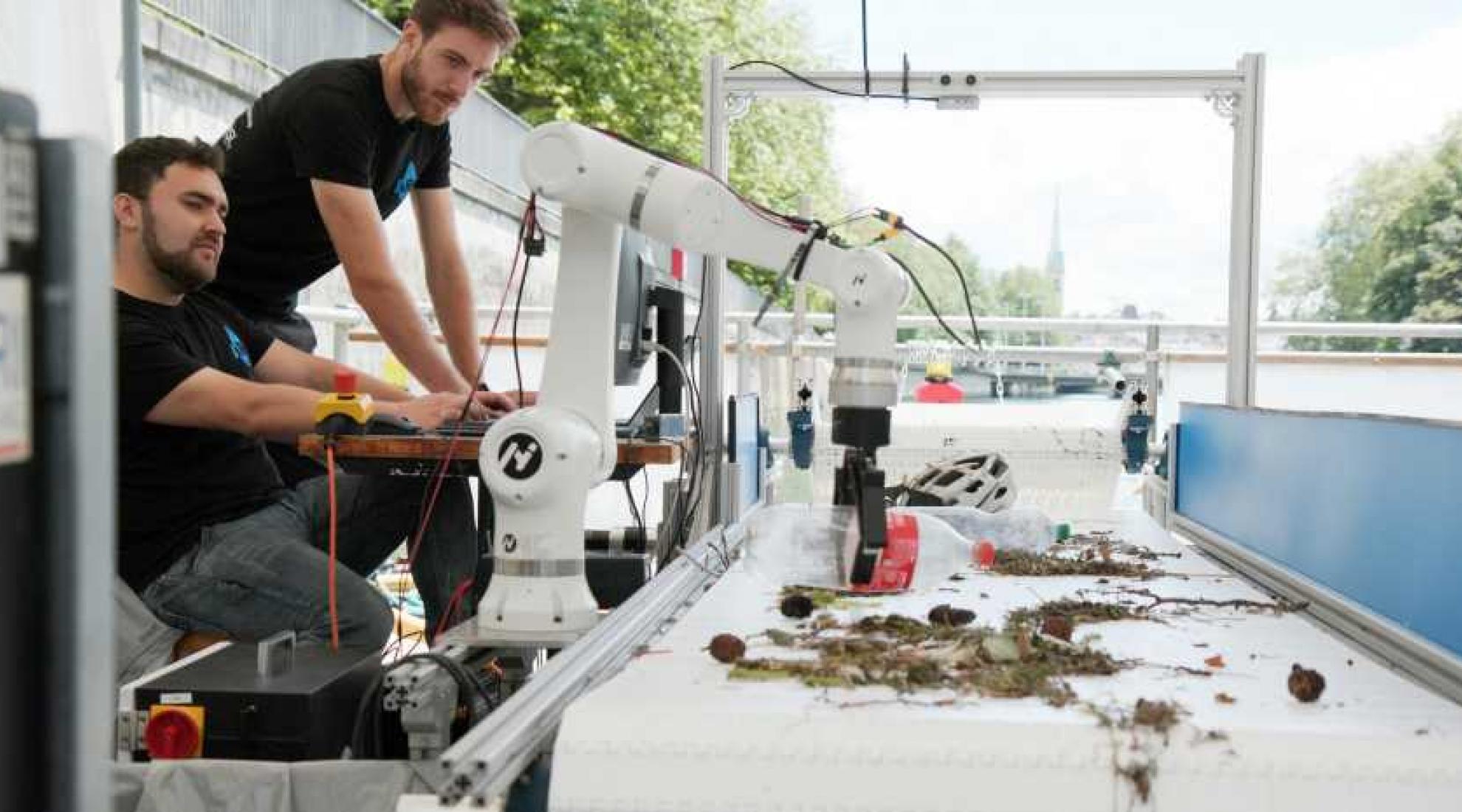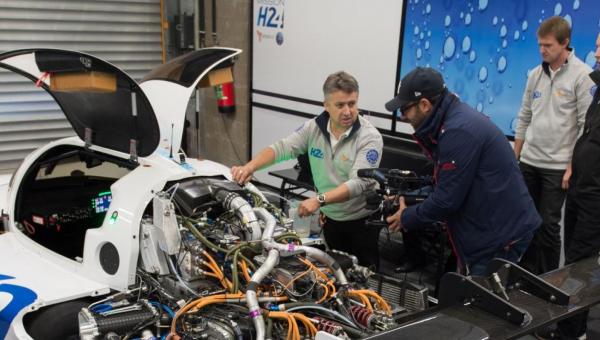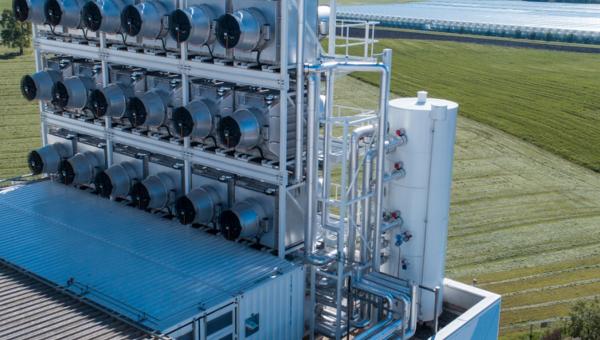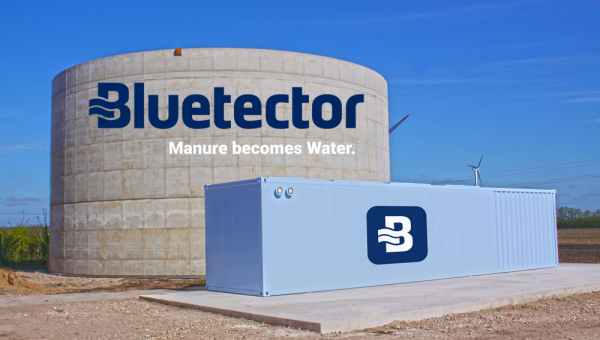Fishing waste from rivers with the help of robots

PET bottles, plastic bags or entire bicycles: every year, millions of tonnes of waste end up in the sea. For fish and birds, this refuse is often deadly. Students at ETH Zurich have developed the Autonomous River Clean-up project for the automatic removal of waste from water.
Since 2019, a research group from ETH Zurich has been looking for technical solutions to alleviate the problem of pollution in water as part of the ‘Autonomous River Clean-up’ (ARC) initiative. The fact that the focus is on rivers has primarily a practical reason: once plastic waste reaches the sea, it becomes much more difficult – if not impossible – to remove it effectively, because there it spreads widely and breaks down into smaller particles.
Whirlpool-like system to make waste float
A prototype clean-up system is currently located on the Limmat river in Zurich. Until the end of August 2021, the students are investigating, among other things, three automated steps that are central to waste removal: concentration in one place, collection of waste and sorting. For the concentration of waste at one location, the researchers are testing different approaches such as a floating barrier. To make the waste flow to the test platform, the students pump air into the water in a similar way to a whirlpool.
To collect the material on the test platform, the students use a conveyor belt, testing its optimal orientation. Once the waste is on the platform, a robotic arm is employed to extract bottles etc. from the other waste. Biomass material is automatically returned back into the river.
The Limmat pilot should show whether the students’ specially programmed deep learning algorithms are able to correctly recognise objects. In addition, the ARC project aims to increase knowledge in various areas such as how to quantify waste in the water. According to the researchers, the amount of plastic and forms of waste that ends up in rivers and oceans is not precisely known, and various studies have reached very different estimates.
With the experience gained from the pilot project, the student group will improve their systems and test it on larger rivers in Africa, India and South East Asia in 2022.




